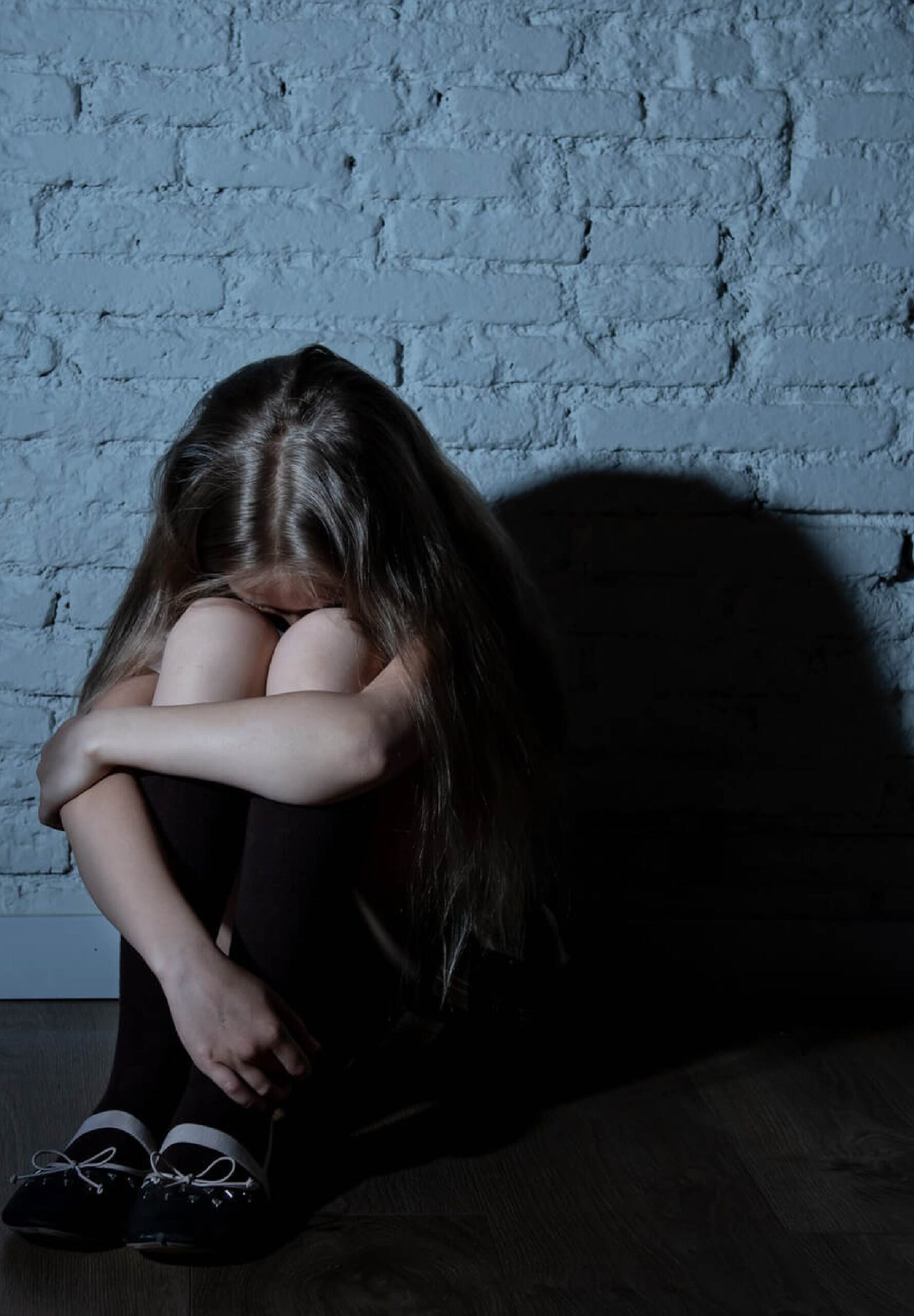What are the Symptoms of Psychosis?
- Home
- What are the Symptoms of Psychosis?
What is Psychosis?
Psychosis is a disorder that alters how a person’s brain functions, causing them to become disengaged. They might perceive, hear, or hold beliefs that are false. Psychosis is not a disease; it is a symptom.
A mental disease, a physical injury or illness, substance misuse, or highly stressful or traumatic events can all cause psychosis.1
What are the 3 Stages of Psychosis?
The three stages of psychosis are as follows:
- Prodromal stage: This is the first phase before the true psychosis symptoms appear. Symptoms in the prodromal stage could be barely perceptible. There is a progressive alteration in the person’s ideas, perceptions, actions, and functioning before the real psychotic symptoms appear. The person may experience general personality changes at this stage, but no overt psychotic signs.
- Acute stage: The genuine psychotic symptoms manifest at this phase. During the acute stage, psychotic symptoms, including hallucinations, delusions, and distorted thinking, begin to appear. The hallmarks of hallucinations include hearing, experiencing, and/or seeing things that are not consistent with reality. These symptoms may cause a person great distress.
- Recovery: This stage starts when the patient seeks prompt medical attention. The majority of patients will fully recover from psychotic symptoms and never have another episode if the treatment is successful. Some people may experience acute stage symptoms that last for a while, but they recover and go back to their normal life.
Types of Psychosis
While many of the symptoms overlap, there are numerous different types of psychosis. These will be detailed below.
Schizophrenia
Schizo-Affective Disorder
Schizophreniform Disorder
Brief Psychotic Disorder
Delusional Disorder
Substance-Induced Psychotic Disorder
Delusions and hallucinations can occasionally result from the withdrawal from drugs and alcohol, including methamphetamine. This condition is referred to as drug-induced psychotic disorder.
Psychotic Disorder Due to a Medical Condition
Paraphrenia
Common Symptoms of Psychosis
Depending on the stage of psychosis a person is in or approaching, there are various signs and symptoms that one can look for in order to prepare for or prevent a psychotic episode, or know when to seek medical attention.
Warning Signs Before Psychosis
Potential warning signs that a psychotic episode may occur in the future include:
- Difficulty concentrating
- A drop in grades or job performance
- Feeling paranoid
- A sudden decline in self-care
- Spending more time alone
- Disinterest in personal grooming
Signs of Early Psychosis
The following signs may indicate the early stages of psychosis:
- Hearing voices or sounds other people can’t
- Smelling things which other people cannot
- Not being able to think clearly or pay attention
- Hang on to unusual beliefs or thoughts
- Pull away from closed ones
- Stop taking care of yourself
Symptoms of a Psychotic Episode
Symptoms of psychosis or an occurring psychotic episode include:
- Unusual psychomotor behavior
- Auditory hallucinations
- Visual hallucinations
- Delusions
- Negative symptoms
Catatonia
Causes of Psychosis
Genetic Causes
If a person has a parent, brother, or another close relative who suffers from a psychotic disorder, they are more likely to develop a psychotic disorder. Children who are born with the genetic condition known as 22q11.2 deletion syndrome are more likely to develop schizophrenia than other psychotic disorders.2
Genetic Causes
Psychosis may result from experience in war, sexual abuse, or the death of a loved one. The kind of trauma and the age at which it occurred also matter.
Physical Illness or Injury
Substance Use
Usage of medications or drugs like LSD and amphetamines have been linked to instances of psychosis in some people.
Mental health conditions
Psychosis can also be a sign of a pre-existing mental condition like bipolar disorder or schizophrenia.
How Psychosis is Diagnosed
Typically, there are four steps to diagnosing psychosis or a psychotic disorder. The steps for diagnosis are as follows:
- Initial assessment: In a brief first examination, doctors will ask the patient some questions about how they have been feeling and the specifics of their hallucinations and delusions to diagnose a psychotic condition.
- Medical history: To rule out physical sickness or drug use, such as cocaine or LSD, it is crucial to obtain the patient’s medical history. Blood tests and occasionally brain imaging, such as MRI scans, may also be performed on the patient.
- Psychiatric history: Psychiatric testing is used to identify psychosis. It is crucial to notify the doctor if any family members have previously received a psychotic disorder diagnosis in the patient’s psychiatric history.
- Physical exam: The patient will need to undergo a physical examination, blood testing, and occasionally brain imaging (such as MRI scans), or an electroencephalogram (EEG), which records brain activity, and urinalysis.
Treatment Options Available for Psychosis
There are a variety of treatment options for psychosis that are available depending upon the severity of the psychotic episode or the diagnosis of a specific psychotic disorder.





